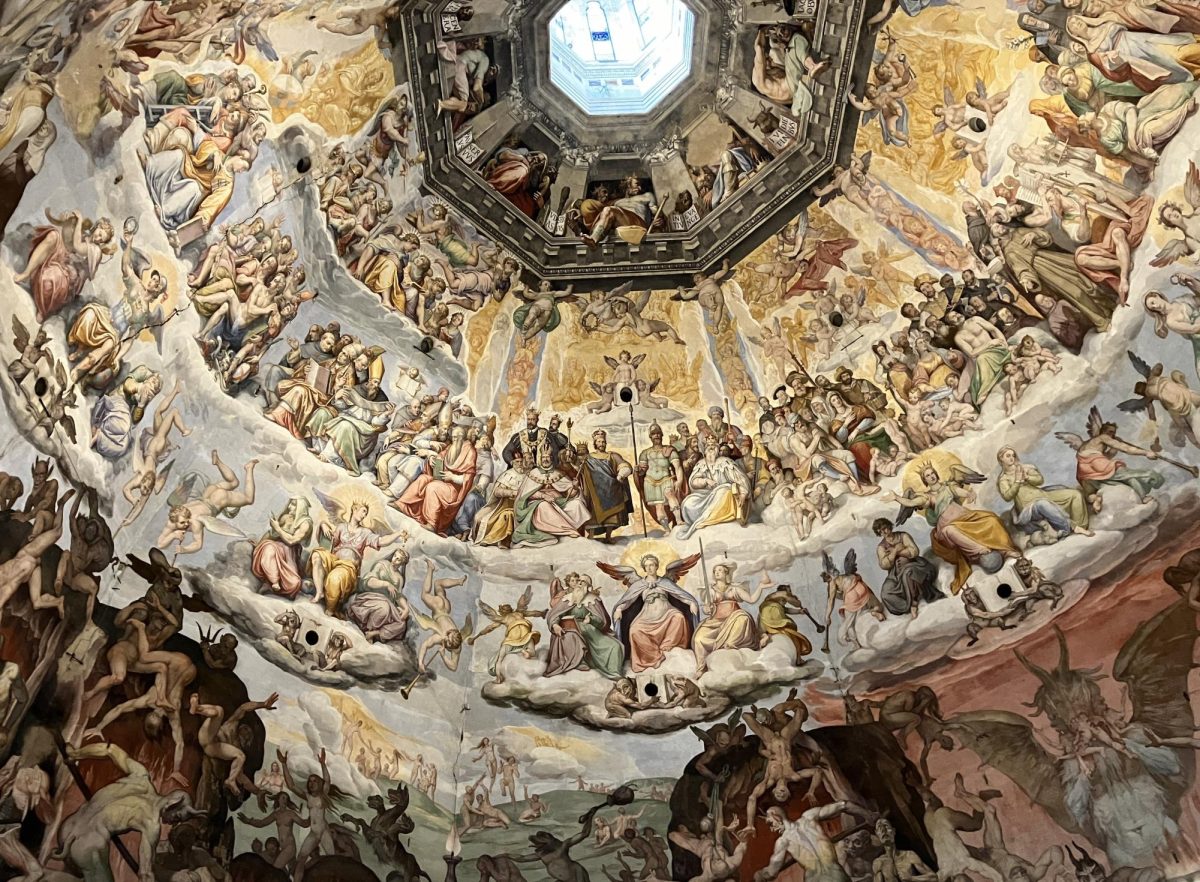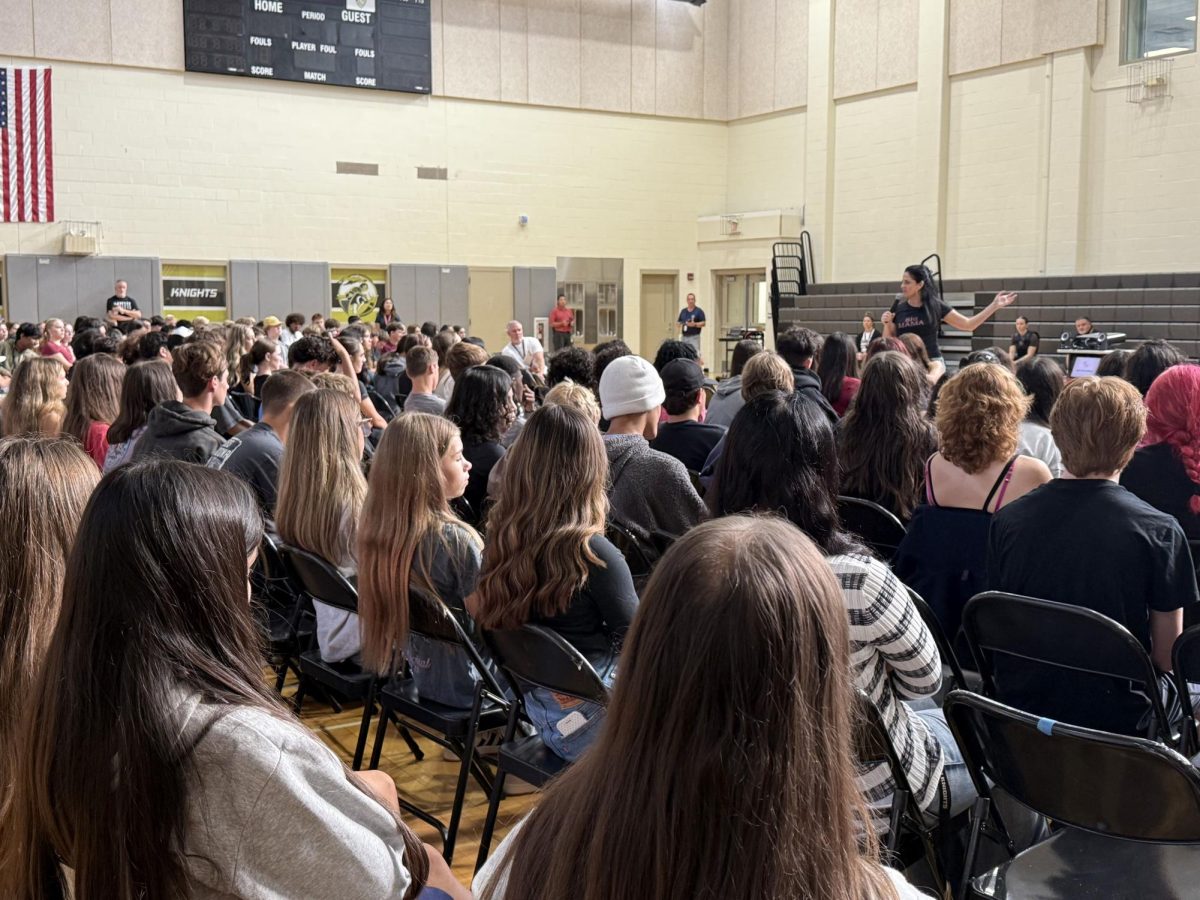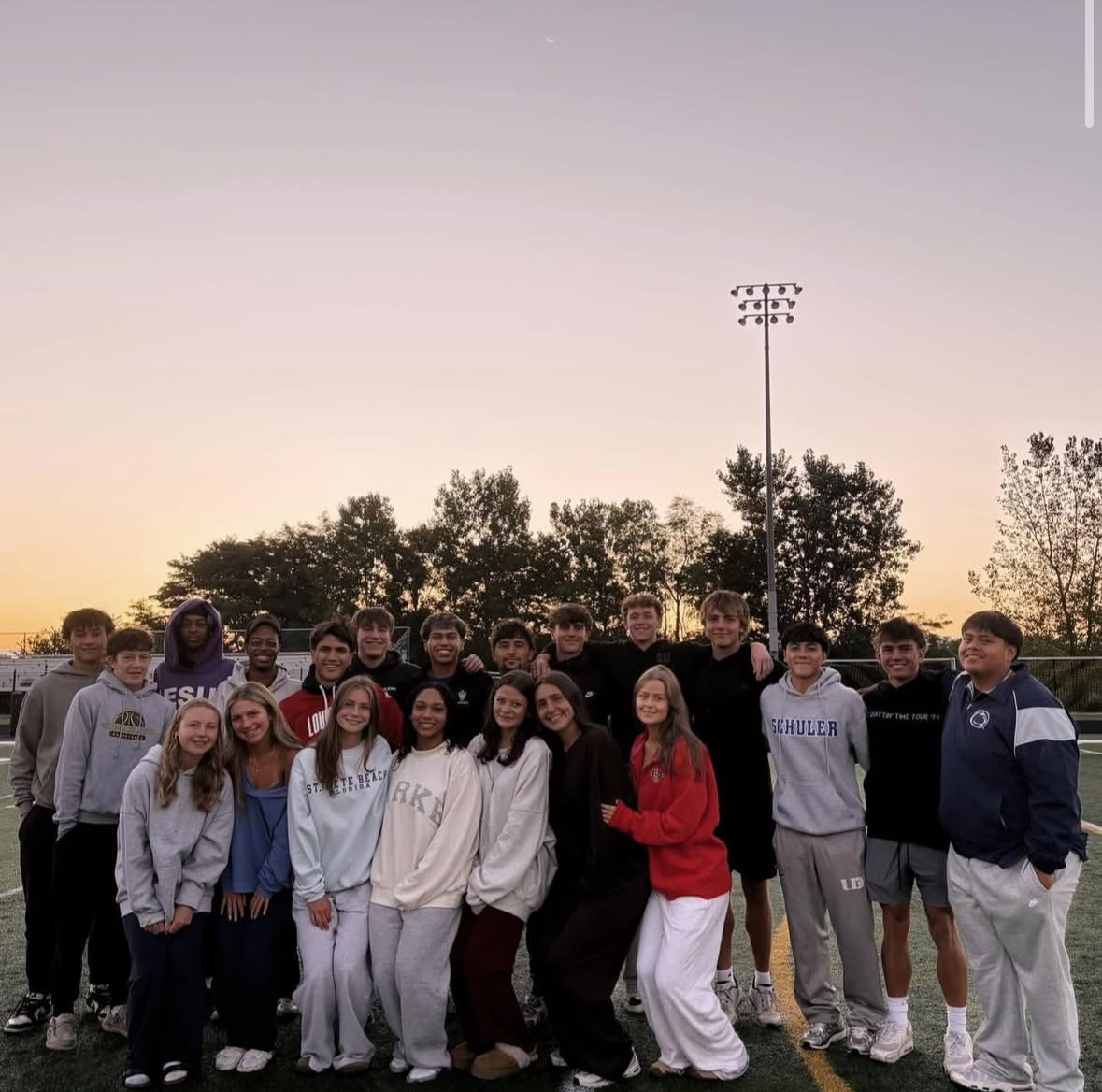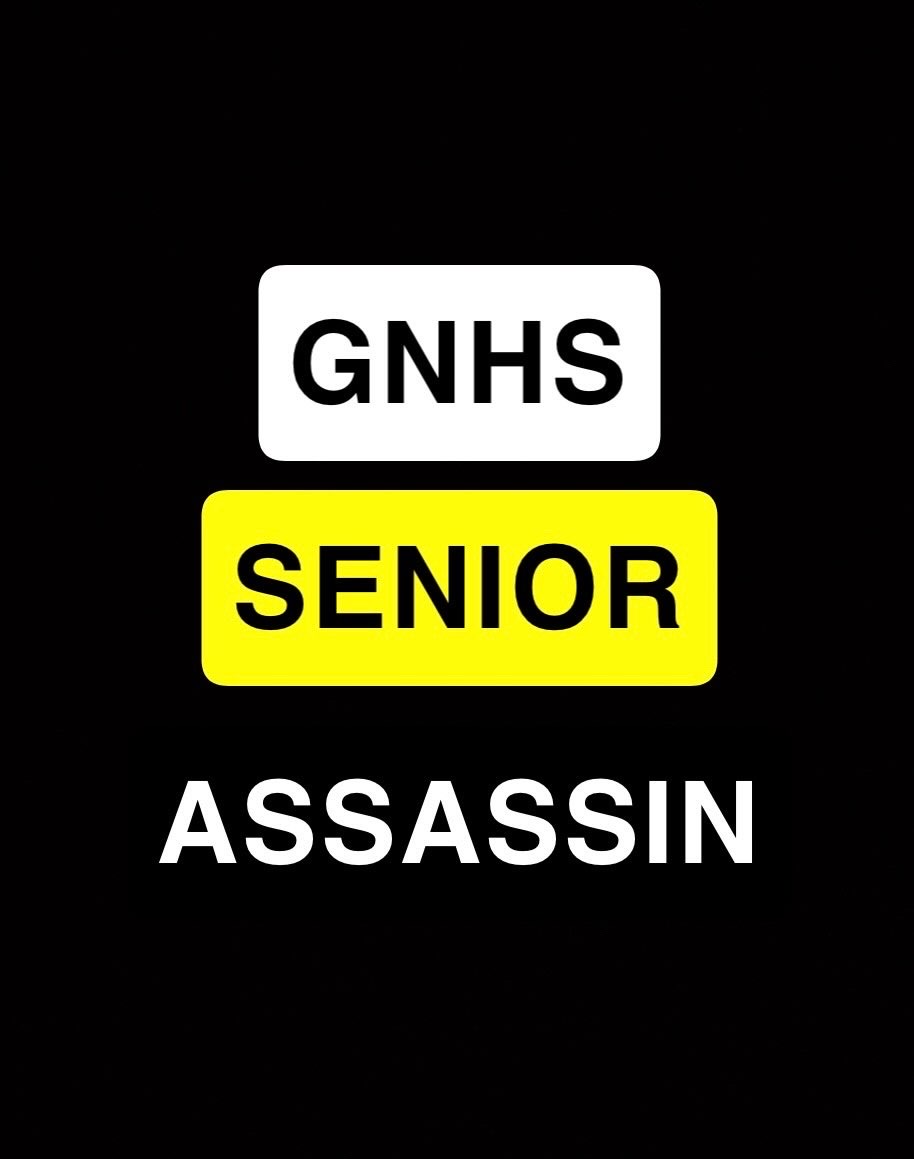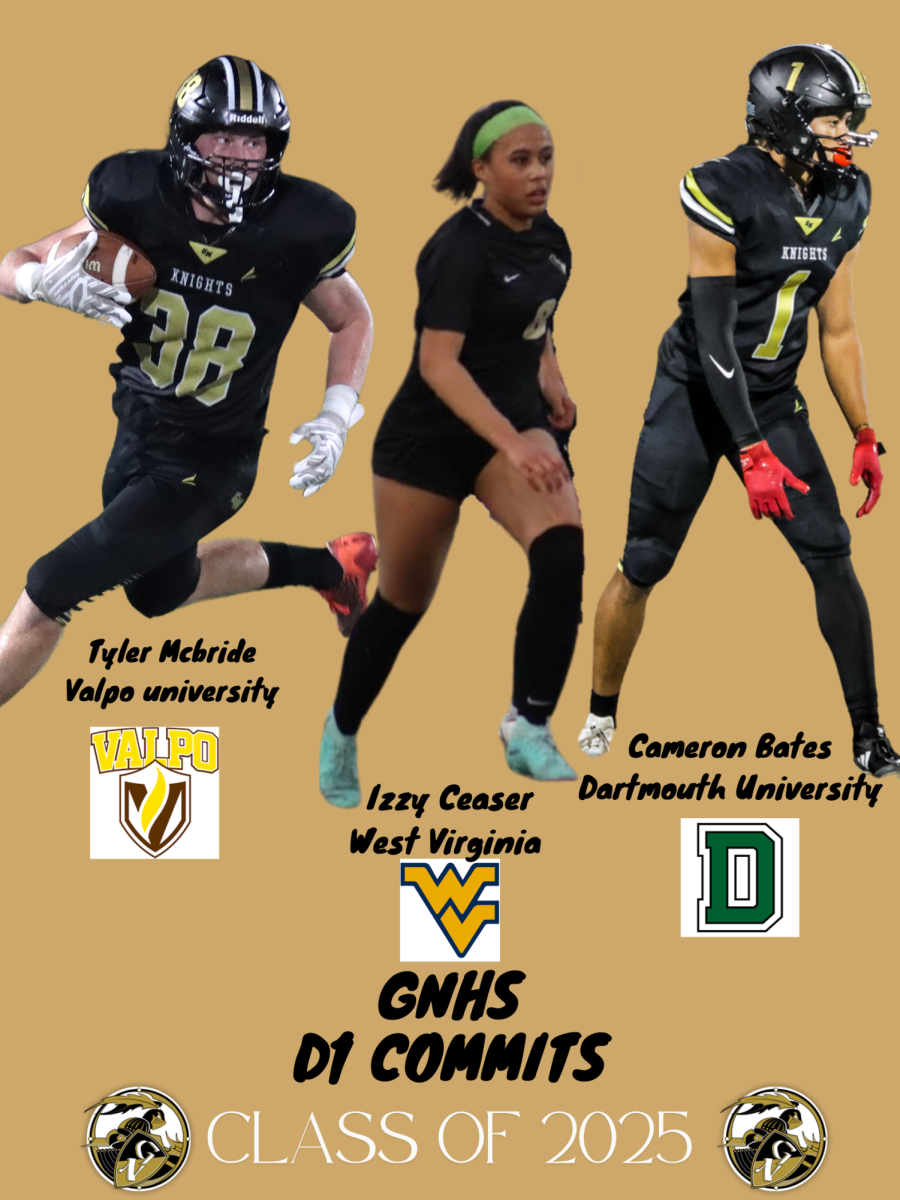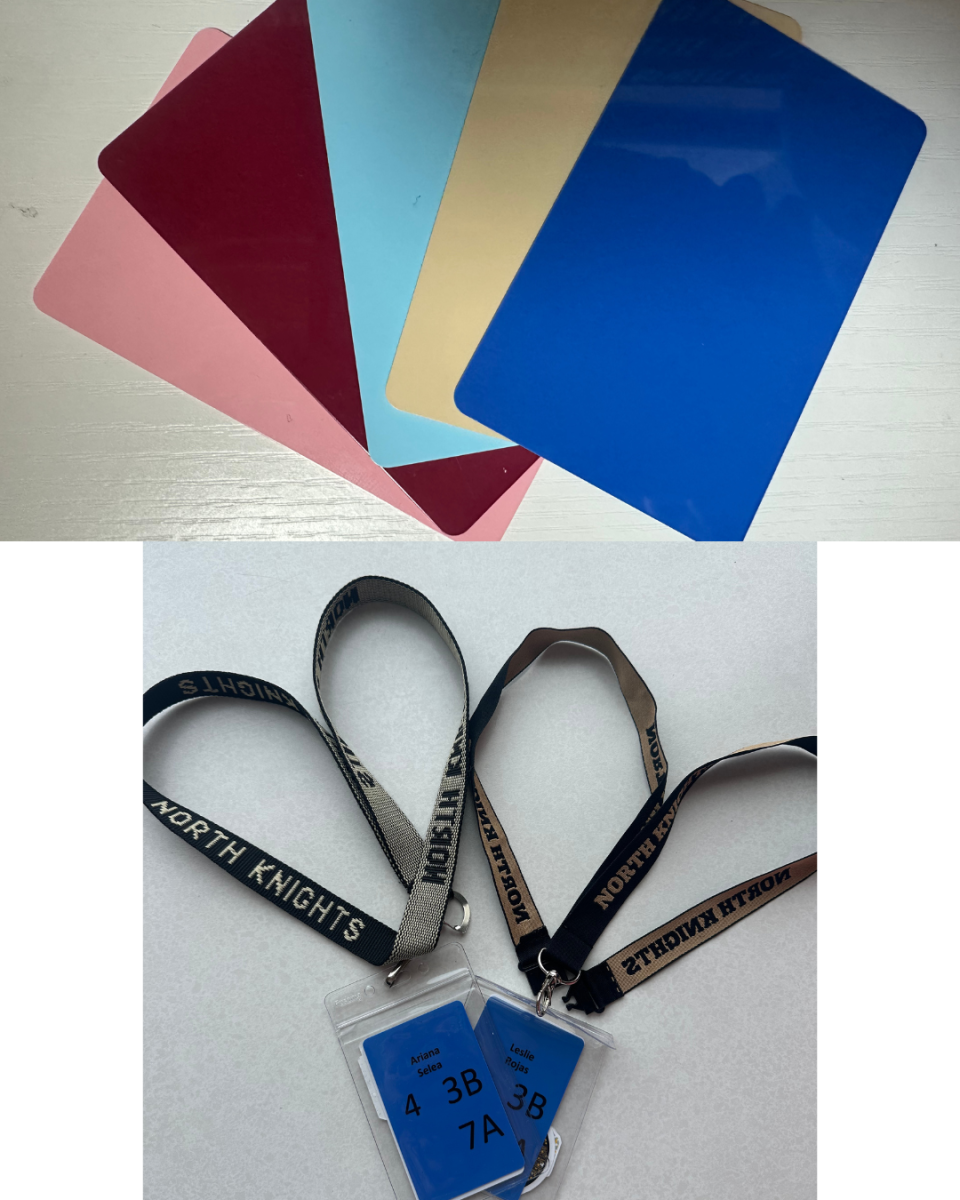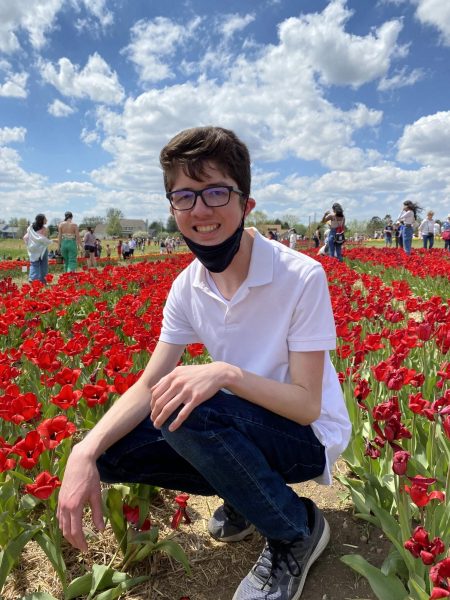AP European History alumni and chaperones, avid travelers and newcomers alike, ventured through the cities of Paris, Florence, and Venice over spring break.
The Euro trip set out to enrich travelers’ perspectives on the continent with a variety of experiences encompassing ancient and present-day Europe.
“We had structured free time in the Louvre, and we were the only group that stayed the whole five hours, which apparently was weird,” said junior Delaney Obrycki. “I love the Louvre; I saw Anne of Cleves, and we saw the Mona Lisa, but who cares about that? We saw they had a Hammurabi’s Code there, and we were so excited to find out.”
While structured group time entailed excursions to famous monuments like the Eiffel Tower, free time granted students the freedom to more intimately explore the modern European metropolis.
“Sometimes the free time could be a bit overwhelming, but that’s really when you got that authentic traveler experience. You had a very unsheltered environment that was getting lost and finding unique places,” said junior James White.
The abundance of free time posed the question of navigating unfamiliar urban environments; the provisions of European infrastructure, from Parisian Metro to Venetian water taxi, often factored into the solution.
“Metro trips are interesting. I only messed up once in structured free time, and we figured out the mess up pretty quickly. I just really liked the Metro because, you know, as a dirty American who lives nowhere near a city, being on a public train that goes places was really exciting to me,” Obrycki said.
Public transportation was but one of the many differences students encountered between Europe and suburban Illinois.
“It was interesting being in a place where there wasn’t very much English being spoken; there’s a lot of other languages, and you really felt like you got a good feel of their culture, their everyday people. And also there were small differences, like water you got charged for,” White said.
Aiding in the transition from America to Europe was ACIS Tour Manager Joe Sartorius, British filmmaker, resident of Venice, and source of insight on the inner workings of Europe.
“Joe is like a trip maker in terms of him bringing maximum enjoyment out of it from the kids and an adventure as well for what he recommends,” said chaperone and AP Euro teacher Todd Grunloh. “Anytime a tour guide can relate to kids, and actually where kids look up to him and they ask him for advice, they respect him in terms of like when he’s talking and getting the most out of what he’s saying and things like that. It’s always great to see.”
As involved an experience the Euro trip entailed especially for the many newcomers to world travel, longtime adventurers find an enduring joy in travel.
“I think I’ve been to Paris nine or 10 times, and there’s always more I want to do. I always leave Paris disappointed; ‘I wanted to do this, I didn’t do it.’ But that’s a great part of traveling,” Grunloh said. “If you’re going to try to cram every single thing in, you’re probably not really enjoying yourself as much as you would if you just took a slower pace.”
The next Euro trip in 2026 anticipates a much more France-intensive itinerary with a trajectory through the French Riviera.
“I feel like there’s a lot of emphasis on ‘Plan what you want to do beforehand;’ I wouldn’t,” Obrycki said. “Definitely take as little time to figure out who you actually want to spend time with as possible because I feel like there’s a lot of shuffling around of groups between Paris and Florence because people realize what they actually wanted to spend time doing because people have different tastes.”

